Exploring Greek Heroes: The Legendary Figures of Ancient Times
Written on
Chapter 1: The Nature of Greek Heroes
In the realm of Greek mythology, heroes are depicted as demigods, the offspring of divine beings and mortals. These figures were celebrated for their extraordinary abilities and feats, earning them profound respect among the ancient Greeks. Yet, what role did these heroes truly play in society? Despite ongoing scientific attempts to unravel this mystery, definitive answers have remained elusive for nearly 200 years.
This paragraph will result in an indented block of text, typically used for quoting other text.
Section 1.1: Dual Meaning of Hero
The term "hero" held two distinct meanings in ancient Greece. On one side, it referred to the legendary figures found in mythology; on the other, it denoted any esteemed deceased individual. Families during the eras of Demosthenes and Alexander the Great frequently honored their ancestors—fathers and grandfathers alike—as "heroes." The challenge lies in understanding the connection between these two definitions. What ties together someone like Achilles or Heracles with an ordinary citizen, say Zenon or Dexippus? To better understand this, we should begin with the tale of Heracles.
Section 1.2: The Legend of Heracles
One prominent Greek hero is Heracles. A particularly poignant moment in his myth unfolds in Trachis, where a jealous Deianira presents her husband with a robe soaked in the blood of the centaur Nessus, whom she suspected of being unfaithful. This gift was intended to erase Heracles' thoughts of other women.
Her plan, however, backfired. The treacherous centaur had neglected to reveal that the robe would cling to Heracles’ skin, causing excruciating pain. In his suffering, the greatest of Greek heroes pleaded for death, yet none offered it. Eventually, he constructed a funeral pyre, hoping someone brave or compassionate would light it for him.
It was Philoctetes who, moved by pity, ignited the flames. As the fire consumed him, witnesses claimed to have heard thunder from Zeus and saw a cloud where the king of the gods lifted his most celebrated son to Olympus. There, Heracles was granted eternal youth with Hebe, the goddess of youth, thus achieving divine status.
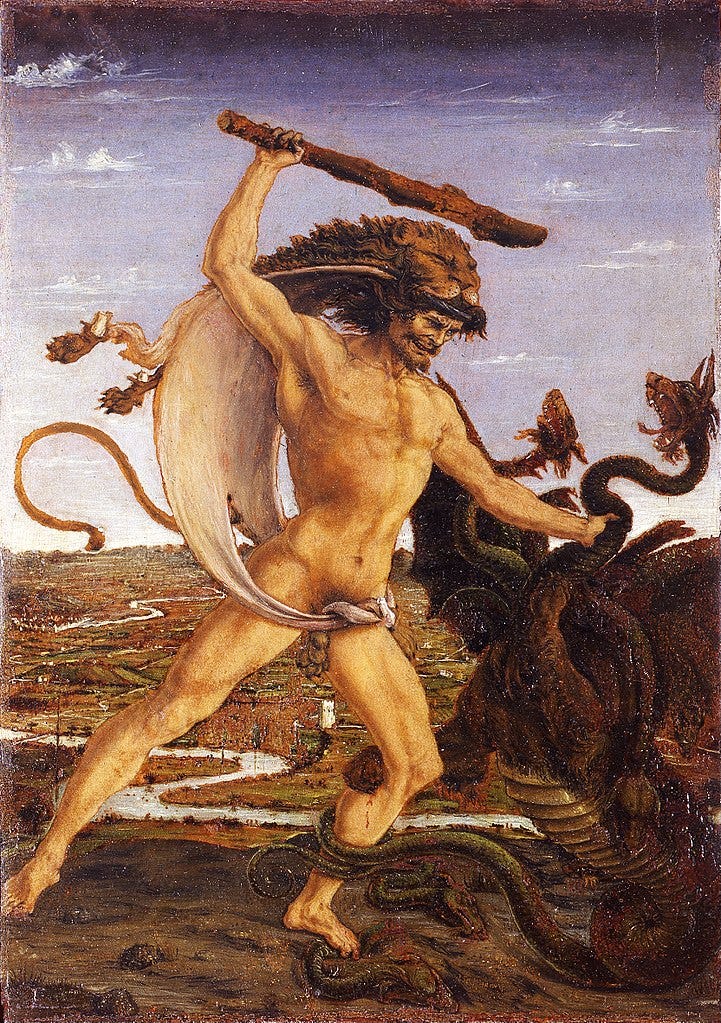
Section 1.3: Heracles in Cultural Memory
Heracles is often synonymous with the idea of a "hero." The image of this muscular figure, clad in a lion's skin and resting on a sturdy club, is a recurring theme in both ancient and modern art. Numerous sculptures and allegorical representations can be found in various public places, continuing to inspire literature and film today.
However, Heracles was not merely the strongest; he was also remarkable because the Greeks made a distinction between two versions of him: the mortal Heracles and "his sacred power Heracles," as noted by Homer, representing an Olympian deity. He was the sole mortal to transition to godhood, achieving immortality.
Chapter 2: The Struggles of Heroes
The first video title is Ten Greek Myths turned Superheroes. This video explores how ancient Greek myths have inspired modern superhero narratives, revealing their influence on contemporary culture.
The second video title is Ancient Greek Hero Tier List (Part One). This engaging content ranks various Greek heroes, providing insights into their strengths and weaknesses.
Section 2.1: The Divine and Mortal Conflict
Heracles’ existence was fraught with adversity from the start. His father, Zeus, the supreme deity, was notorious for his affection for mortal women. This behavior, beyond mere lust, was rooted in an ancient prophecy foretelling that one of his sons would surpass him in strength. Having overthrown his father, Kronos, Zeus was determined to maintain his reign by any means necessary.
The heroes born from mortal women, termed "demigods," posed no real threat to Zeus's rule, as they lacked immortality. He had already cast aside his own son Hephaestus after his birth due to jealousy. Whenever Zeus showed too much interest in a goddess, he would hastily marry her off to a mortal, ensuring that any offspring would remain beneath him. This is how Achilles, son of the goddess Thetis and mortal Peleus, became a hero in the Trojan War.
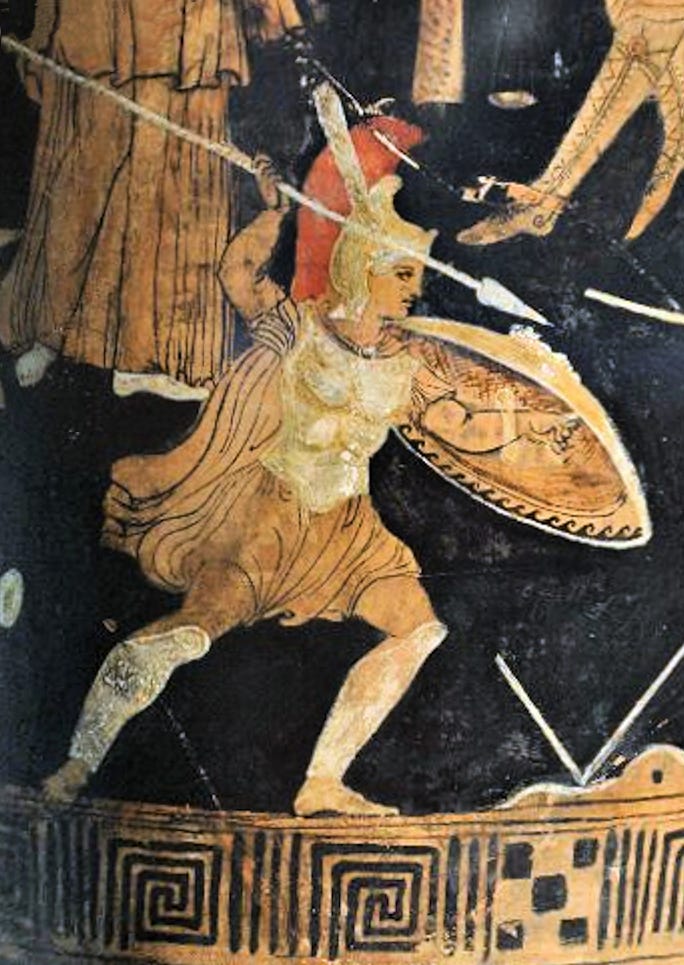
Section 2.2: The Unique Case of Heracles
Heracles' story is unique. Zeus fell deeply in love with Alcmene and, disguising himself as her husband, spent three days with her, manipulating time itself. However, Hera, in a fit of jealousy, delayed Heracles' birth, allowing her own favored child, Eurystheus, to ascend to power.
From that point, Hera relentlessly pursued Heracles, often through Eurystheus, forcing him to undertake a series of deadly tasks, known as the "Labors." Ironically, the name Heracles translates to "Glorified by Hera," highlighting the paradox of his fame stemming from her animosity.
Hera attempted to kill him as an infant, sending serpents to his crib. After receiving training from the wise centaur Chiron, he eventually found himself serving Eurystheus and embarking on quests to the world's farthest reaches, even descending to Hades to retrieve Cerberus, the three-headed guardian dog. Along the way, he vanquished numerous monsters, including the Lernaean Hydra and the Nemean Lion, thus solidifying his legacy.
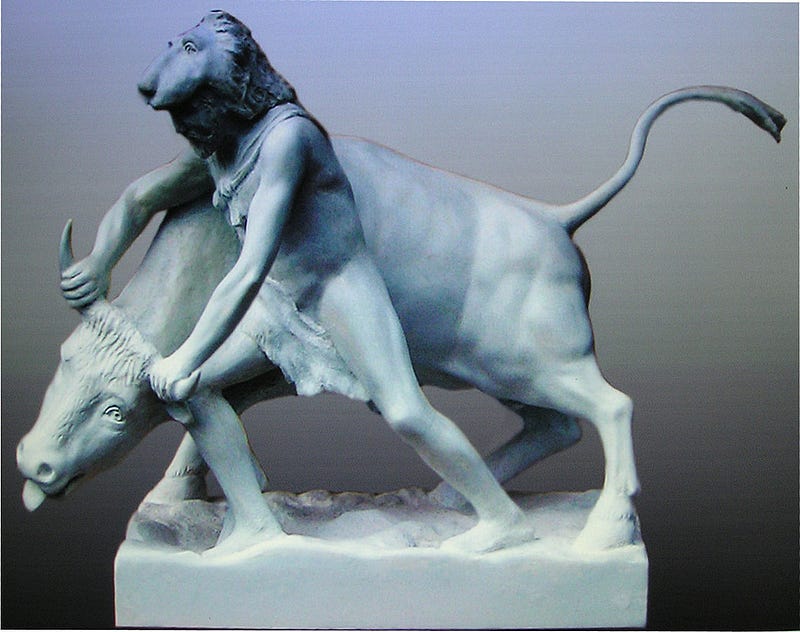
Section 2.3: The Role of Heroes in Society
For the ancient Greeks, heroes like Heracles symbolized the ultimate protector of humanity. Following his path, other legendary figures such as Theseus emerged. He was the son of Poseidon and a mortal woman, known for his confrontations with various beasts.
Heroes were viewed as champions against evil and nature's threats, endowed with extraordinary strength to safeguard the defenseless. However, this power often came at a steep cost. In a fit of madness sent by Hera, Heracles tragically killed his own children.
In his moments of clarity, he contemplated suicide but was saved by Athena, the goddess who champions those who bravely confront destiny. The suffering and loss that heroes experienced prevented them from savoring the familial joys enjoyed by ordinary individuals.
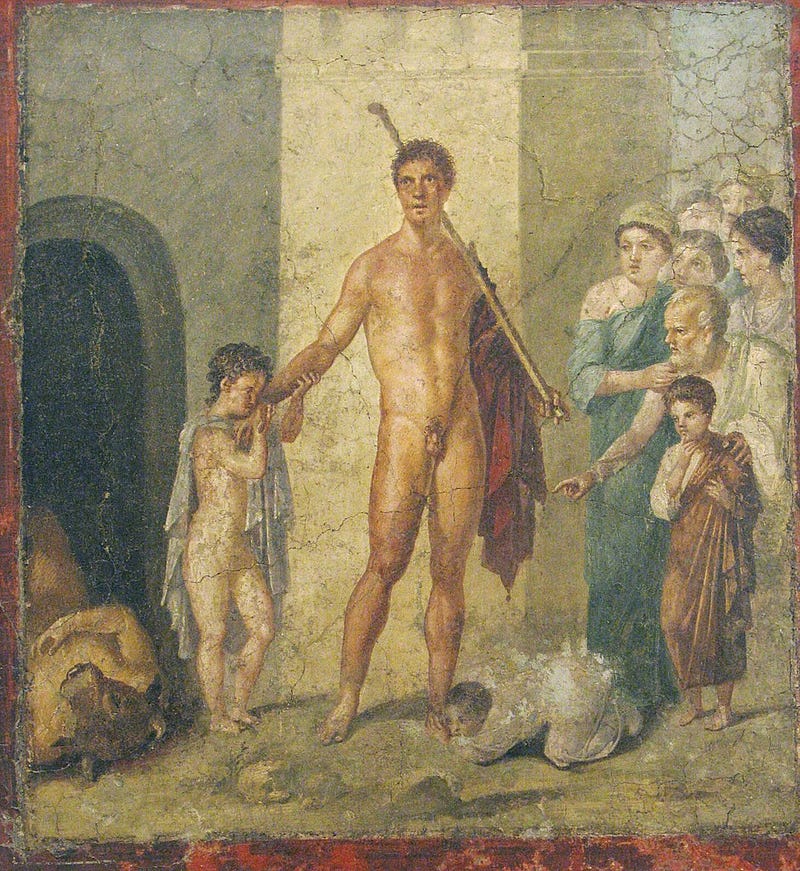
Section 2.4: The Archetype of Tragic Heroes
Heracles stands out as the only hero who transcended his human limitations, achieving divine status as a reward for his earthly trials. Nevertheless, this exception underscores the broader narrative of Greek mythology, where heroes often follow a tragic path.
Many heroes are born to unknown fathers who will ultimately reveal themselves as gods. These outcasts slowly discover their unique powers and strive to use them for the greater good. Yet, their distinctiveness often alienates them, leading to a gradual realization of their divine origins.
The Greeks referred to this overreaching ambition as "hybris," or hubris, which they viewed as the attempt to surpass the boundaries set by fate and nature. Such arrogance was ruthlessly punished by the gods, particularly Zeus, the ultimate guardian of cosmic order. Thus, a hero who, after numerous glorious achievements, seeks too much is destined for downfall.
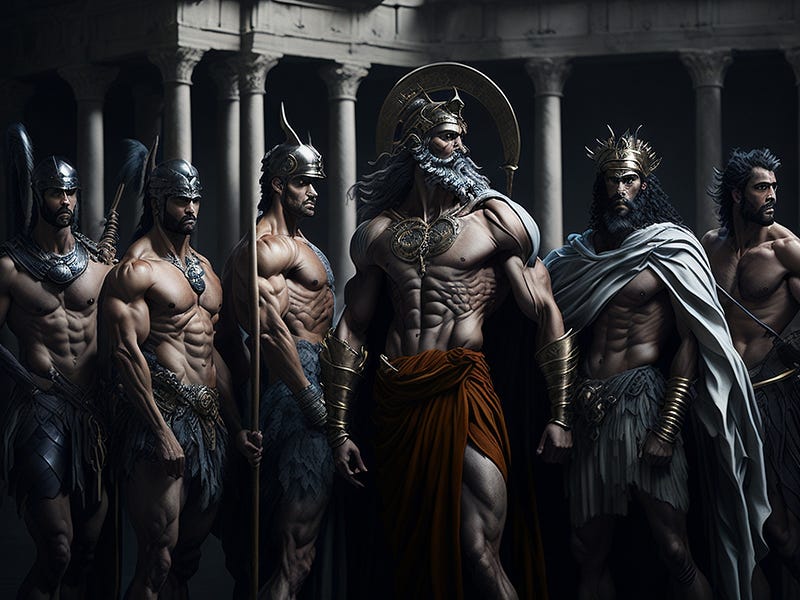
Section 2.5: The Fate of Famous Heroes
This tragic fate befell Bellerophon, who vanquished the Chimera—a fearsome creature. Despite his virtuous nature, he aspired to fly to Mount Olympus on Pegasus, his winged horse, and was cast down by Zeus. Overcome by despair, he took his own life.
Similarly, Oedipus, who believed himself to be exceptionally wise, unwittingly killed his father and married his mother. Upon learning the truth, he blinded himself and wandered the earth, guided by his daughter.
Other heroes like Perseus and Jason share comparable narratives of tragedy, reflecting the societal needs and values of the Greeks during the era of mythology.
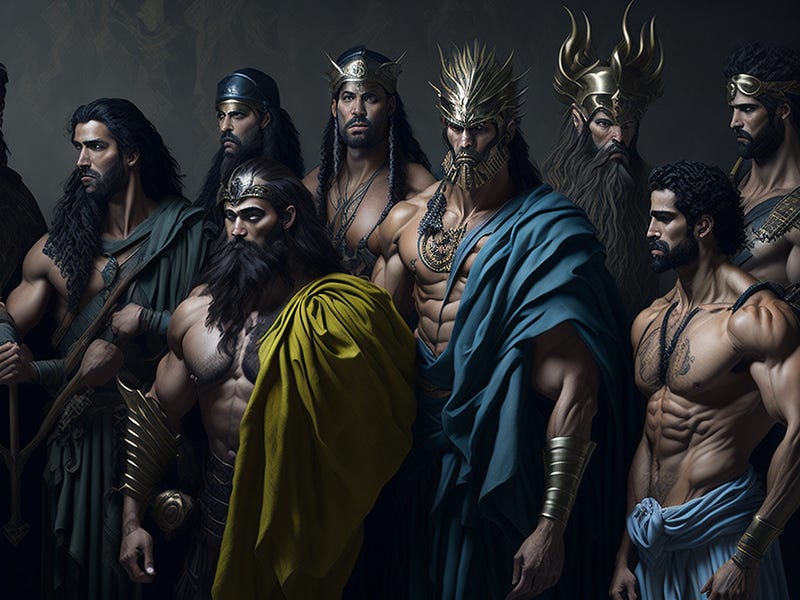
Chapter 3: The Legacy of Heroes
The Greek city-states thrived on ideals of equality, allowing citizens to participate in significant decisions, including matters of war and peace. In this competitive environment, individuals strove to distinguish themselves, often leading to hubris.
This competitive spirit, referred to as Agon (contest) or Eris (strife), permeated Greek society. The heroes of mythology served as reflections of the Greeks' deepest ambitions and fears during this time.
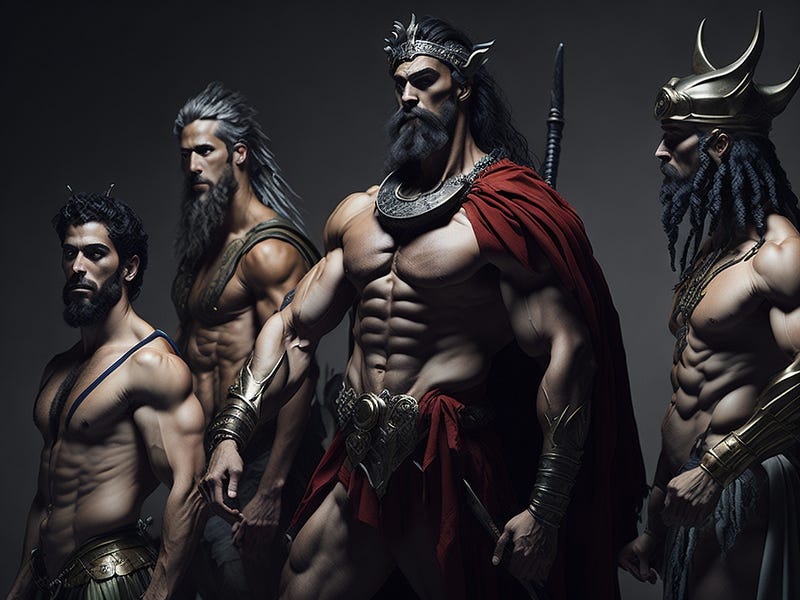
The End of the Heroic Age
Interestingly, from the time of Homer and Hesiod, the Greeks categorized their past into two distinct epochs: the mythic age of interaction with gods and the subsequent era following the Trojan War. This latter period marked the end of divine interference in human affairs.
Once the last of the heroes perished, there were no more to follow. Zeus decreed that the gods would no longer interact with mortals, relegating legendary figures to the annals of literature.
Local heroes, often nameless, became objects of worship, their tombs serving as places of reverence. Figures like Akademos in Athens became symbolic of this shift, influencing the establishment of educational institutions like Plato's academy.
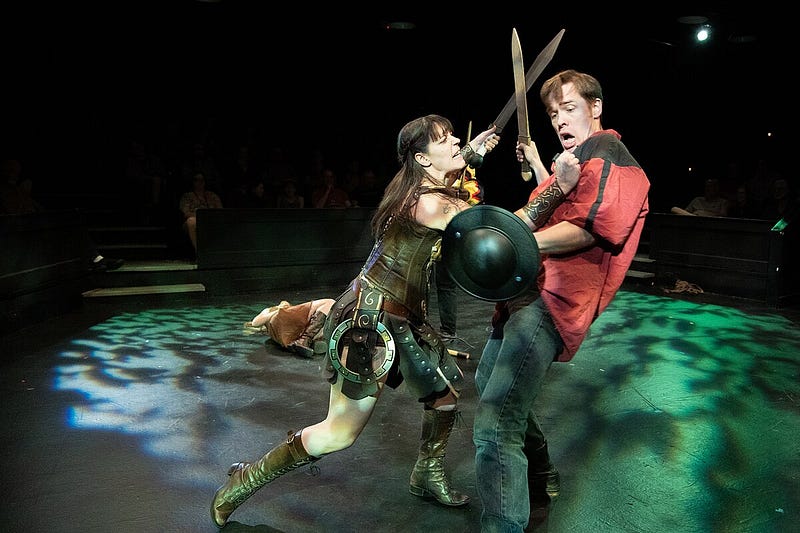
The Rise of New Heroes
Over centuries, the Greeks began to honor ordinary individuals as heroes. From the 4th century BC onwards, depictions of fathers and grandfathers on tombstones celebrated their contributions to the family, akin to the divine status of Heracles among the gods.
This transition illustrates the evolving nature of heroism, as contemporary heroes emerged from their communities, often celebrated for their foundational roles in establishing new city-states.

Heroes in Popular Culture
In modern times, the concept of heroes has continued to evolve, yet the distinctions remain clear. In pop culture, superheroes such as Iron Man and Captain America often overshadow Greek heroes. Despite this, the tragic elements of Greek heroes resonate strongly in contemporary narratives.
These heroes, marked by their struggles and inevitable failures, help highlight the fragility of existence and the uncertainty of one's place in the world. Despite the passage of nearly three millennia, the legacy of Greek heroes endures, reminding us that their stories are far from forgotten.

Attention all readers!
As content creators on Medium.com, we face minimal compensation for our hard work. If you find value in my articles, please consider supporting me on my “Buy Me a Coffee” page. Your small contributions can make a big difference in fueling my passion for creating quality content. Thank you for your support!